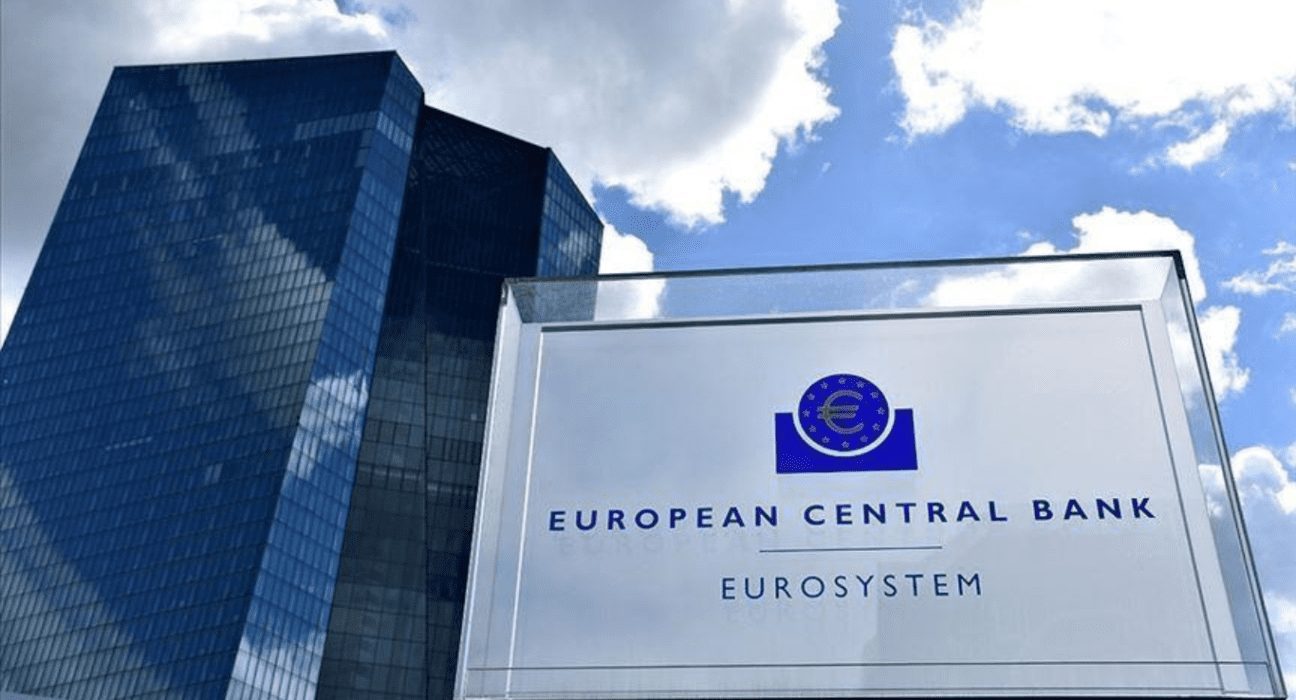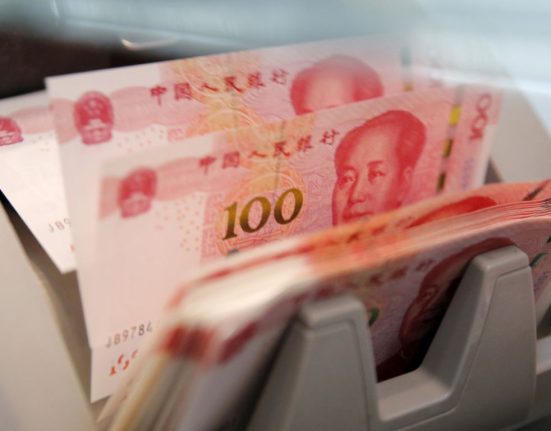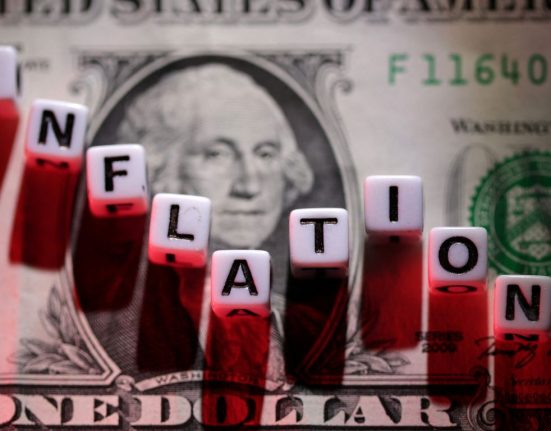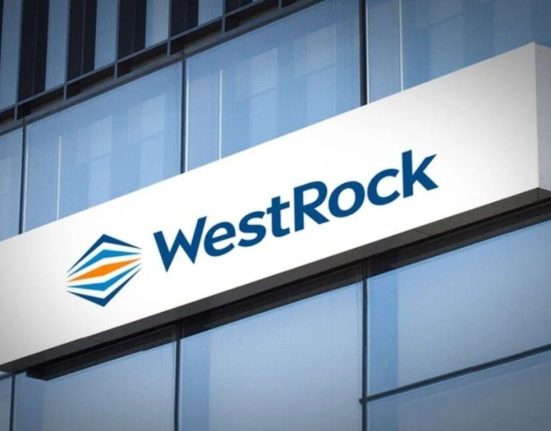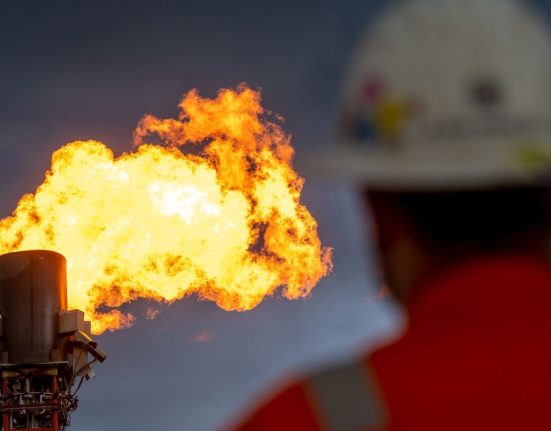Introduction
The Eurozone’s battle against high inflation took an unexpected turn in January, as the Consumer Price Index (CPI) dropped by 0.4% month-on-month, surpassing economists’ predictions of a 0.3% decline. The rate of inflation decelerated to 8.5% annually, down from 9.2% in the previous month and below predictions of 9.0%. The reading reached a euro-era high of 10.6% in October.
Unexpected Slowdown in Energy Prices
This slowdown was due to a 0.9% dip in monthly energy price growth, as many European countries experienced a milder winter than initially anticipated. Despite this monthly dip, energy prices in the Eurozone are still elevated, rising by 17.2% annually. Core inflation, which excludes volatile items like food and energy, remained unchanged at 5.2% annually, missing economists’ predictions of acceleration to 5.4%.
Germany’s Data Delay Frustrates ECB Efforts
The January inflation release did not include crucial data from Germany, relying instead on Eurostat’s estimates. The nation’s statistical agency has postponed the publication of its data until next week due to technical difficulties. This unexpected delay may obstruct the European Central Bank’s ability to assess the potential peak of inflation in the Eurozone prior to its upcoming interest rate determination on Thursday.
ECB Faces Tough Decisions Ahead
Despite the unexpected slowdown, members of the ECB are widely tipped to raise borrowing costs by 50 basis points. ECB President Christine Lagarde vowed last month to “stay the course” on the recent monetary policy tightening cycle aimed at quelling Eurozone inflation, which she described as “way too high.” Last year, the European Central Bank elevated its key deposit rate by 2.5%, creating a baseline for the euro money market rates. This action was taken as inflation rates surged, concluding an eight-year trial of negative interest rates and amplifying the use of quantitative stimulus.
Balancing Inflation Control with Economic Growth
The unexpected slowdown in inflation raises important questions about the future trajectory of inflation in the Eurozone and the efficacy of the ECB’s monetary policy tightening. With crucial data from Germany yet to be released, it remains to be seen how the ECB will respond to the inflation slowdown in its latest interest rate decision. Nevertheless, the bank has indicated its commitment to “staying the course” and continuing its efforts to bring down inflation in the region.
The ECB faces a challenging decision in balancing the need to control high inflation with the need to support economic growth and recovery in the aftermath of the COVID-19 pandemic. Raising borrowing costs may help control inflation, but it could also impede economic growth and recovery. On the other hand, keeping borrowing costs low may support economic growth but fail to control inflation.
Conclusion
In conclusion, the Eurozone’s battle against high inflation is far from over, and the ECB faces tough decisions ahead as it balances the need to control inflation with the need to support economic growth and recovery. The unexpected slowdown in inflation has raised important questions about the future trajectory of inflation in the region and the efficacy of the ECB’s monetary policy tightening, and the bank will have to weigh these factors carefully in its latest interest rate decision.
